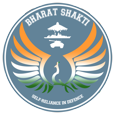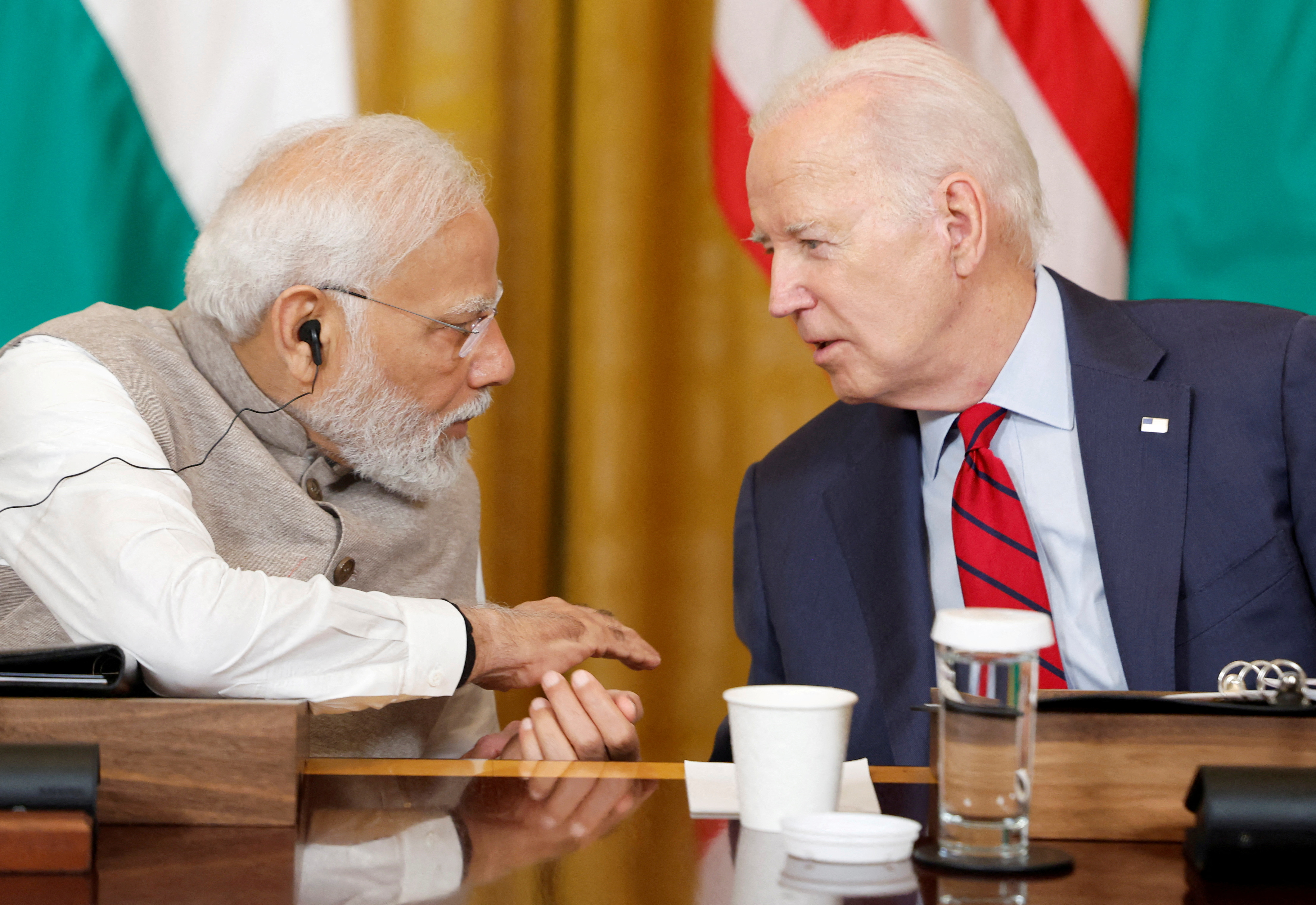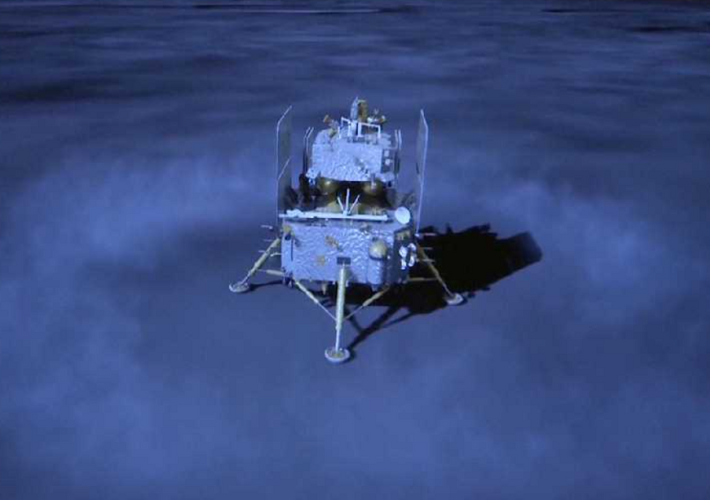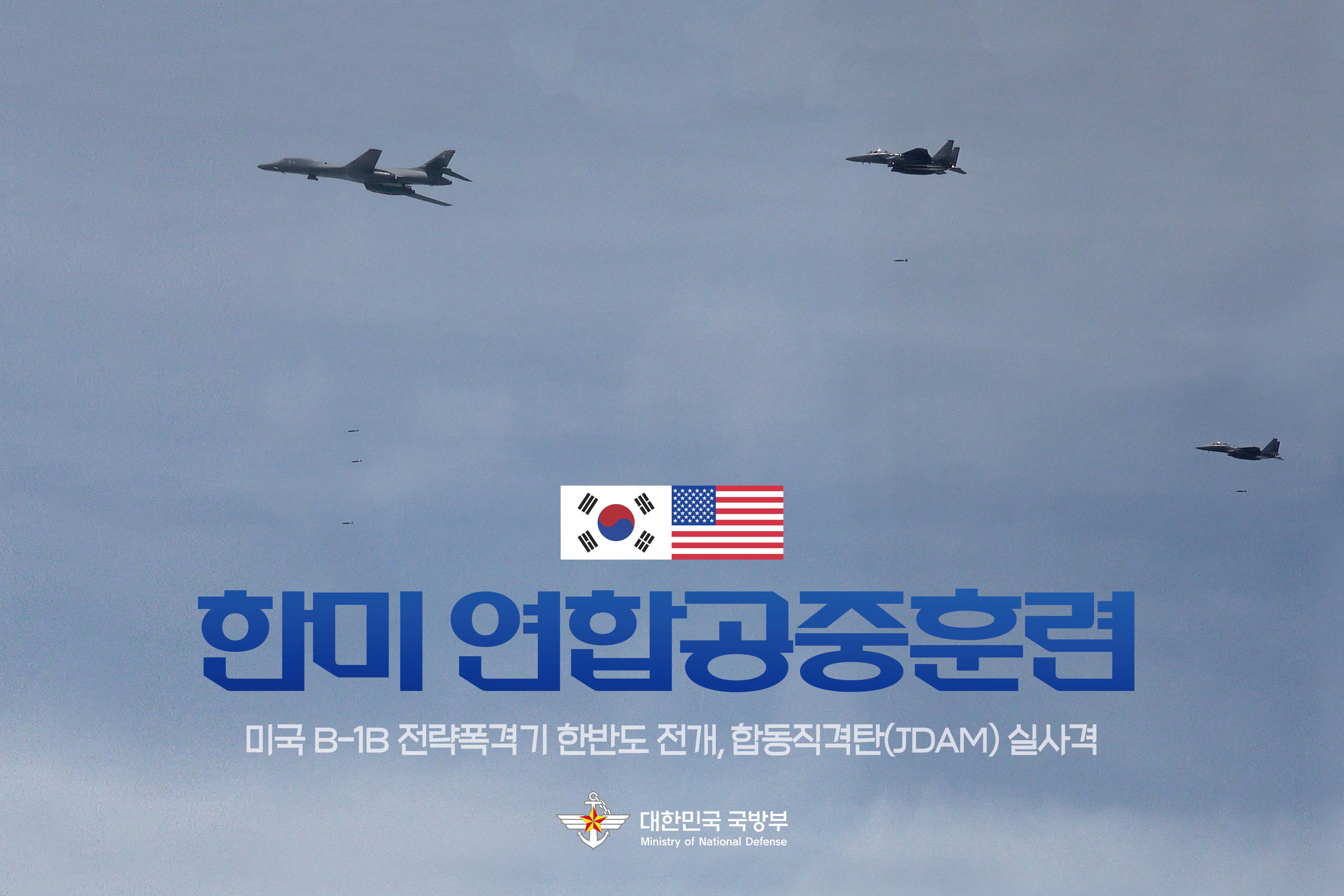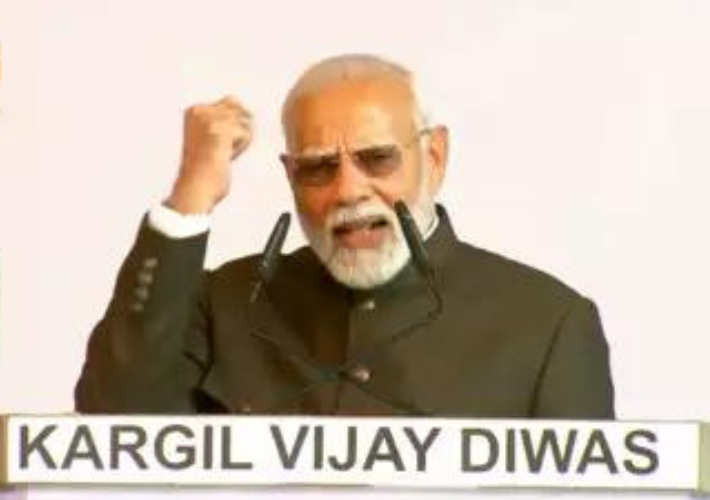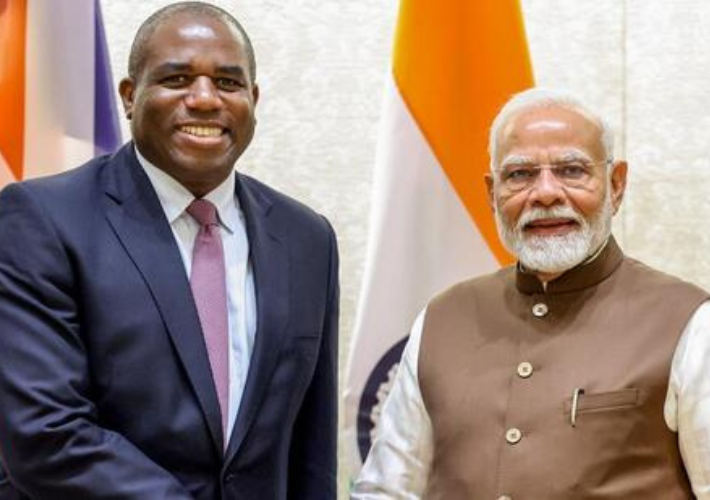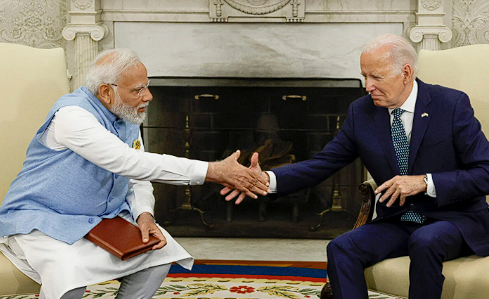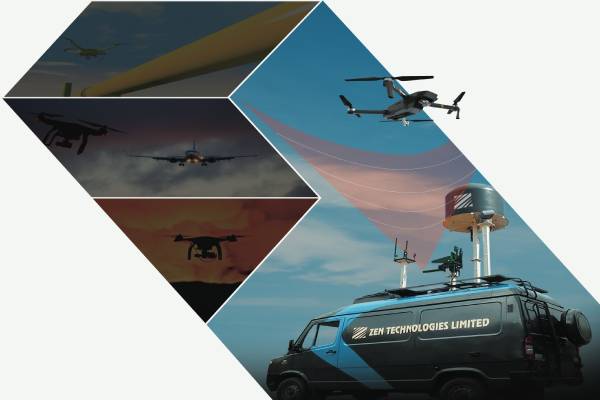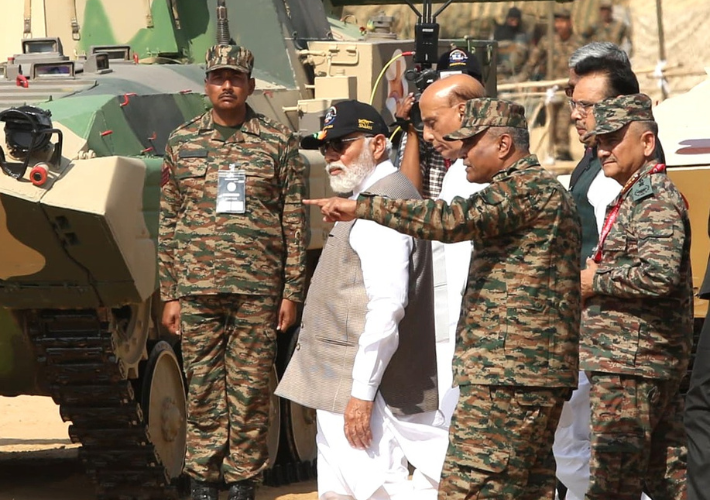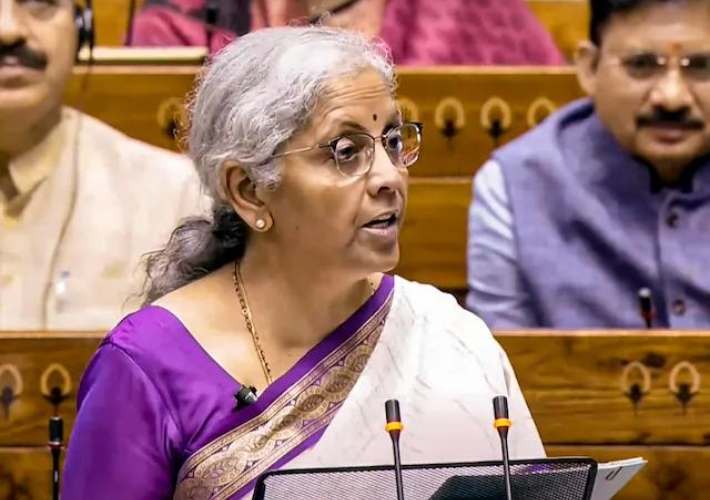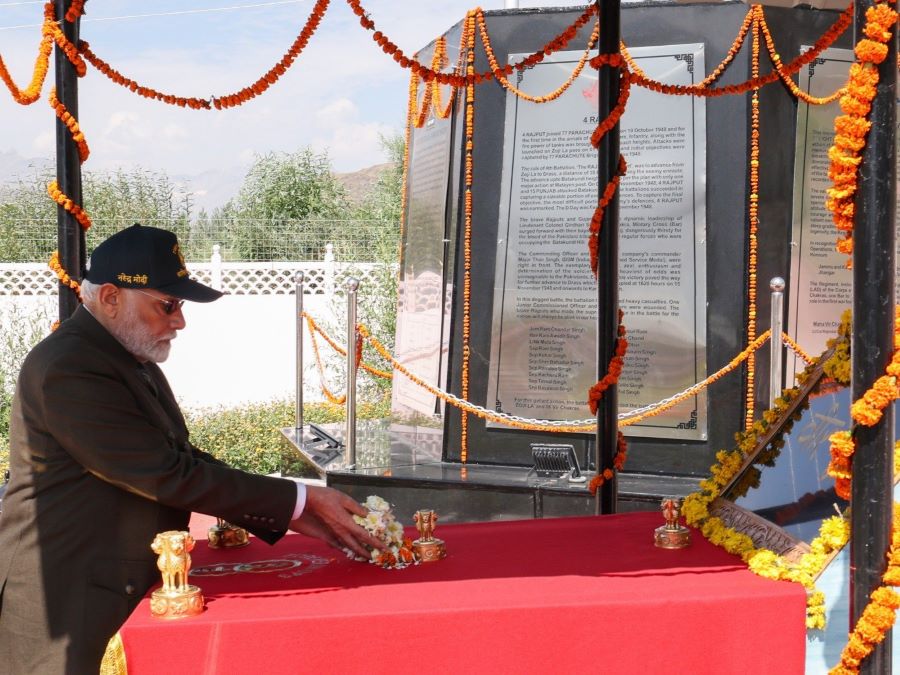U.S. President Biden has called Prime Minister Modi to congratulate him on his historic third term. With PM Modi set to take oath, both nations are will continue the strategic dialogue. This at a time when China is being more assertive in the Indo-Pacific region. The White House has stated that U.S. National Security Advisor Jake Sullivan is scheduled to visit India. Biden and PM Modi discussed Sullivan’s visit to discuss what the White House calls ‘shared US-India priorities, including the trusted, strategic technology partnership’. The date for the U.S. NSA’s visit to New Delhi are yet to be announced, and are expected to shortly after PM Modi’s swearing-in.
The leaders of two of the biggest democracies in the world stressed on their commitment to ‘advance the common vision of a free, open and prosperous Indo-Pacific region’. The duo also spoke about deepening the US-India Comprehensive and Global Strategic Partnership. Chair of the Senate Foreign Relations Committee Senator Ben Cardin also congratulated Indians over the polls and extolled Indo-American relations.
Cardin said “The US-India partnership is, and will remain, important for regional and global prosperity for many years to come. I look forward to strengthening this relationship and believe it will endure so long as it is founded in mutual respect and trust, and a commitment to democratic values”.
India and the United States are increasing defence cooperation in many domains. The increasing defence collaboration is has accelerated on account of an ever-increasing assertive China in the Indo-Pacific region. India is a Tier-1 Strategic Trade Authorisation partner of the United States. Both countries are moving towards deeper integration. India is now better integrated in the U.S. defence supply chain and is manufacturing many critical pieces of equipment for the United States such as the fuselage of the Chinook & Apache helicopters, the C-130 Hercules and the wings of the F-16 fighters.
The militaries of the two nations also engage each other in exercises that are both bilateral and multilateral. At the time of writing of this article an Indian Air Force contingent is making its presence felt at the Red Flag exercise in Alaska organised by U.S. Pacific Command, which looks after China. Other exercises include Yudh Abhyas, Vajra Prahar, Cope India, Malabar and a plethora of multi-lateral exercises.
Dhruv Yadav

